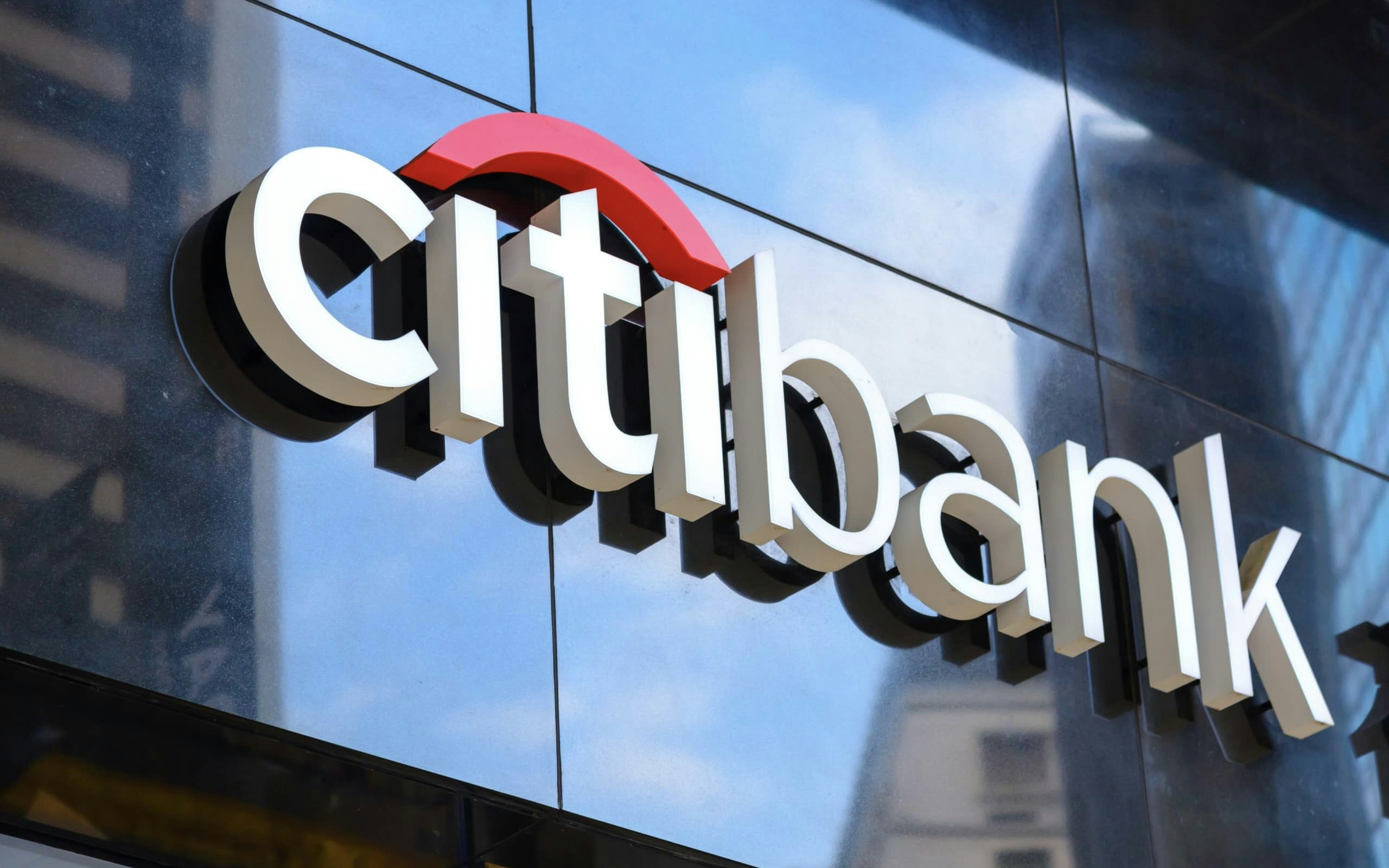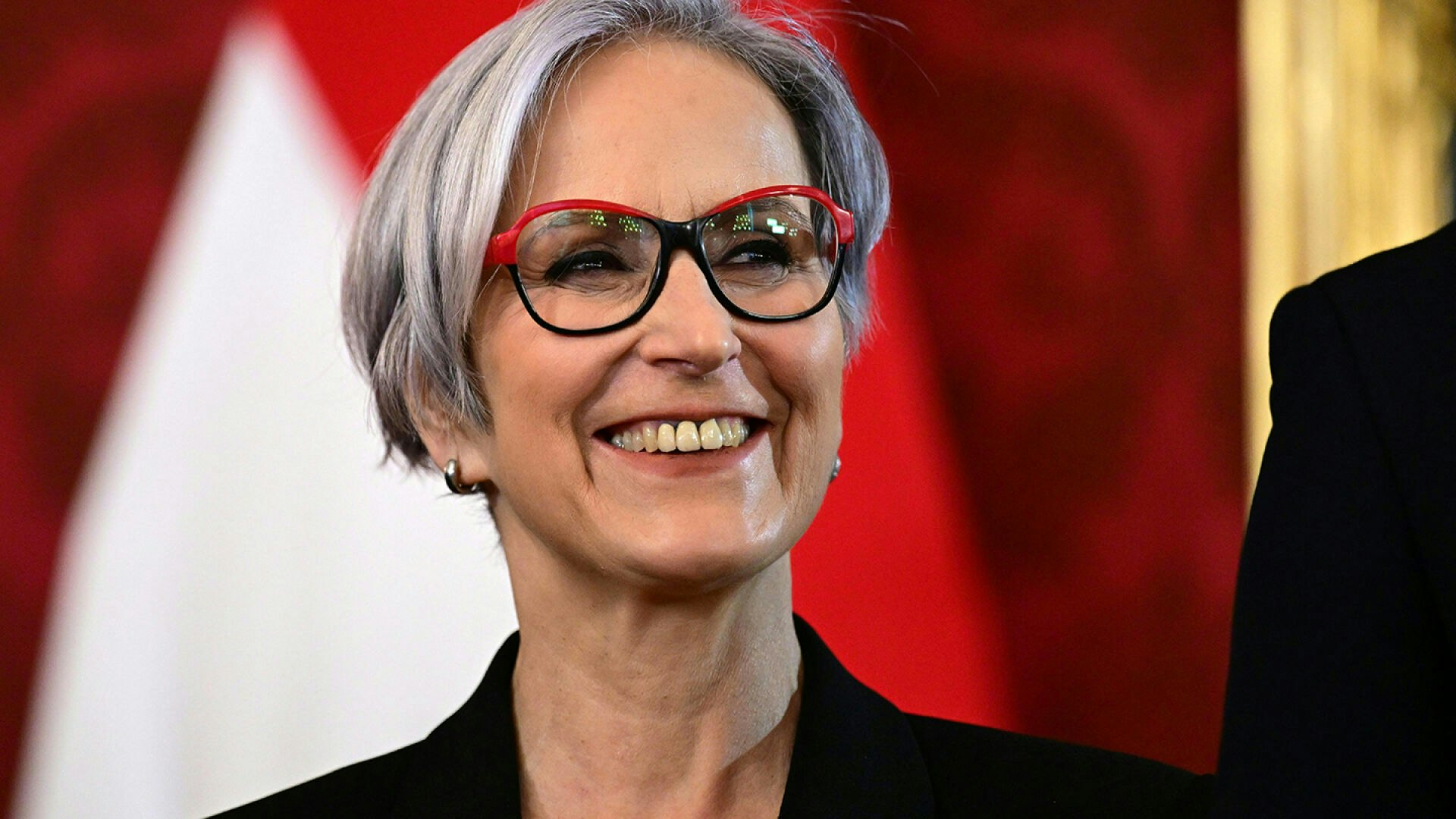Citigroup plans a significant increase in loan loss provisions for possible loan defaults in the second quarter.
The background is the growing concern about the financial resilience of consumers and businesses in the USA. In particular, the tariffs announced by Donald Trump are fueling recession fears. The measure could increase the cost of imported goods, especially from China, and thereby further strain household budgets.
Despite these risks, the bank's loan book remains robust. According to Raghavan, 80 percent of corporate loans are directed to investment-grade issuers. The bank is also strongly committed to customers with high creditworthiness in the credit card segment. "I am greatly reassured by the quality of our credit customers," said Raghavan.
A sentiment shared by JPMorgan CEO Jamie Dimon at the same event. Although he noted a "slight deterioration" in consumer finances, the situation has remained stable so far. The decisive factor remains the labor market. "Consumer behavior ultimately follows employment trends," said Dimon.
Meanwhile, sentiment indicators show a mixed situation: The consumer confidence index collected by the Conference Board rose to 98 points in May – a recovery compared to 85.7 in April, but still significantly below the level of 110 at Trump's election victory in November.
Citi signals caution with higher provisions, but also makes it clear: There are no systemic failures among consumers or in corporate banking so far. Rather, action is being taken preventively—against the backdrop of geopolitical tensions and macroeconomic uncertainties.







